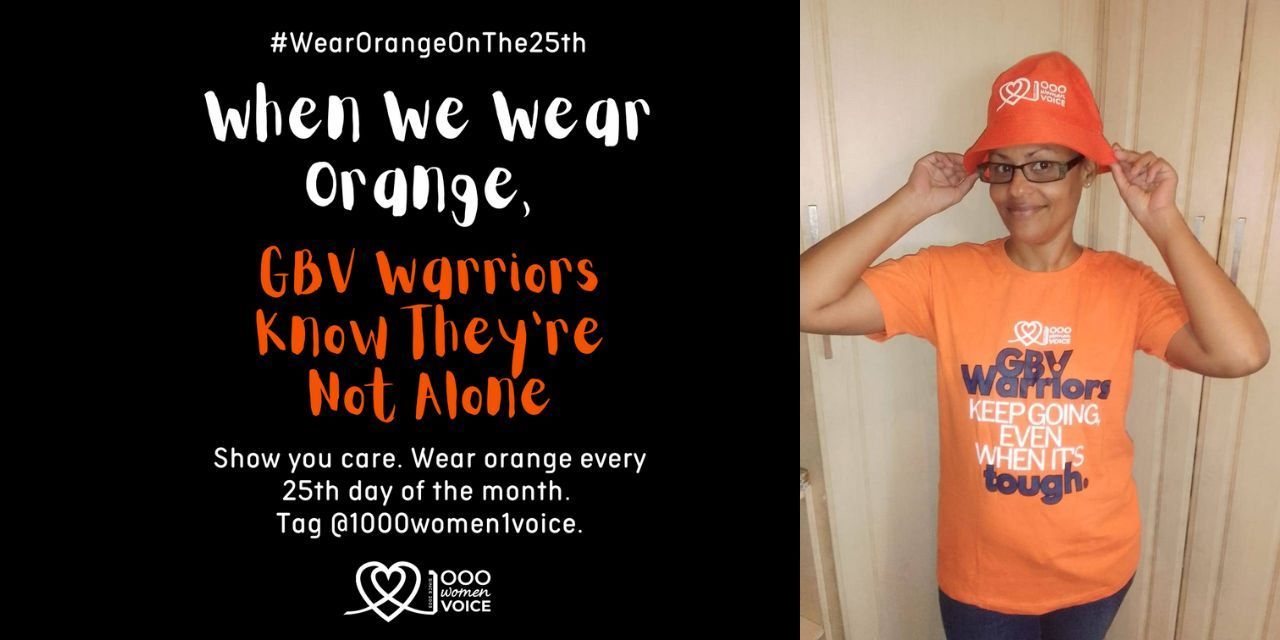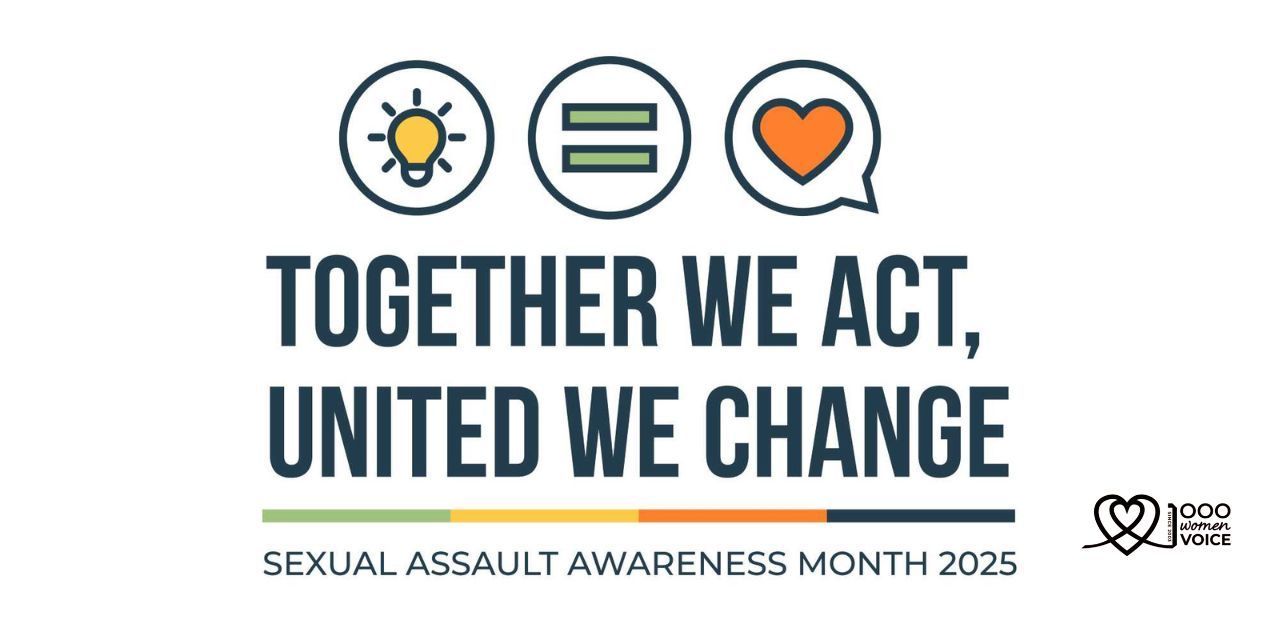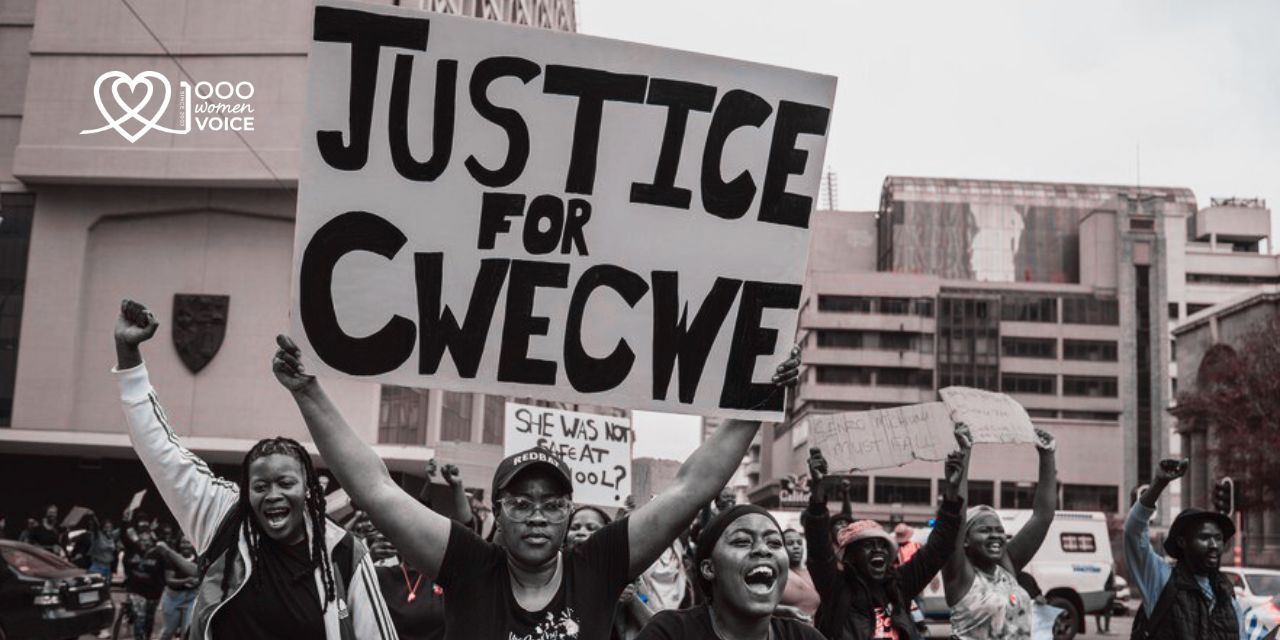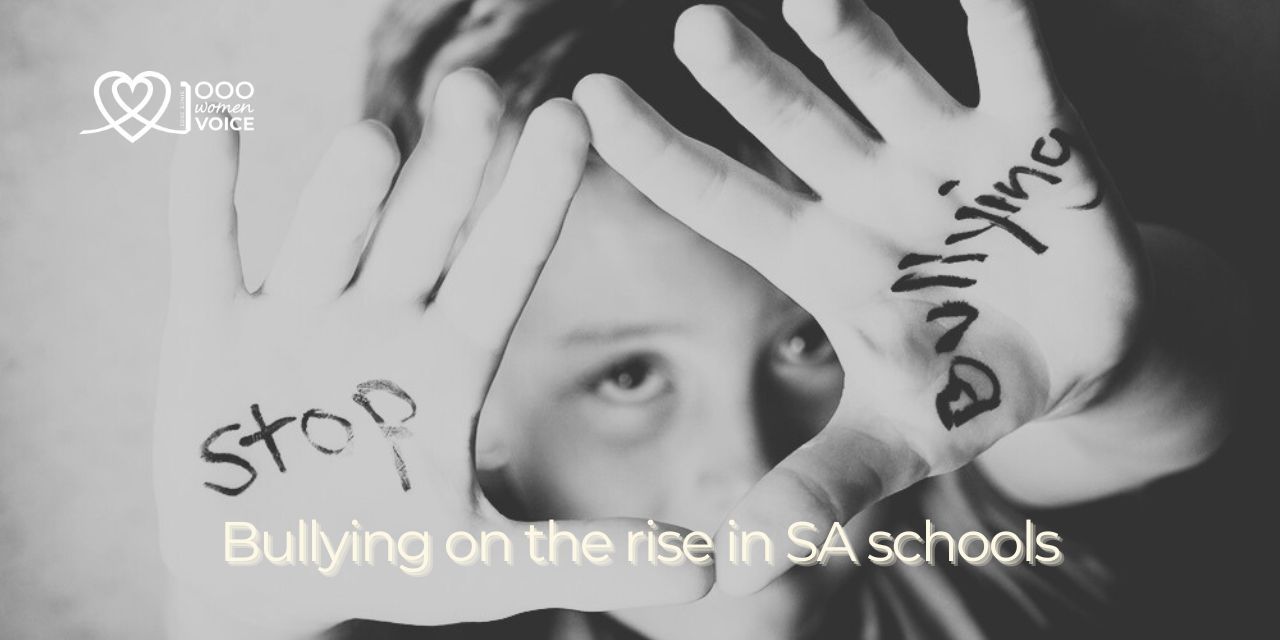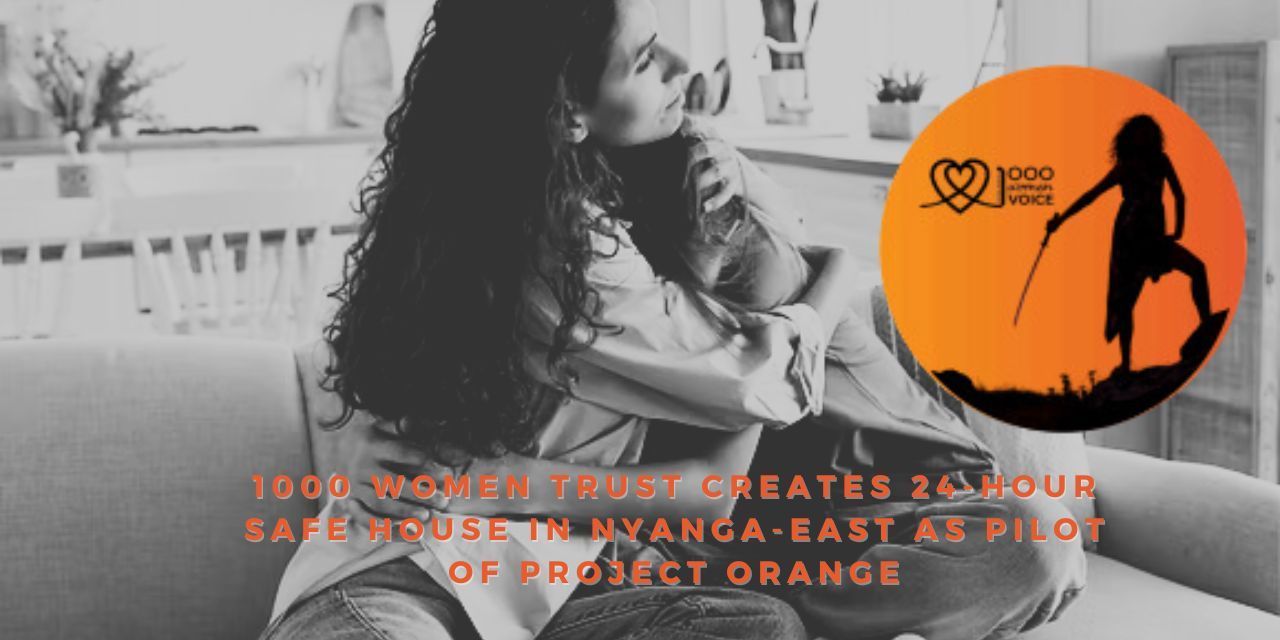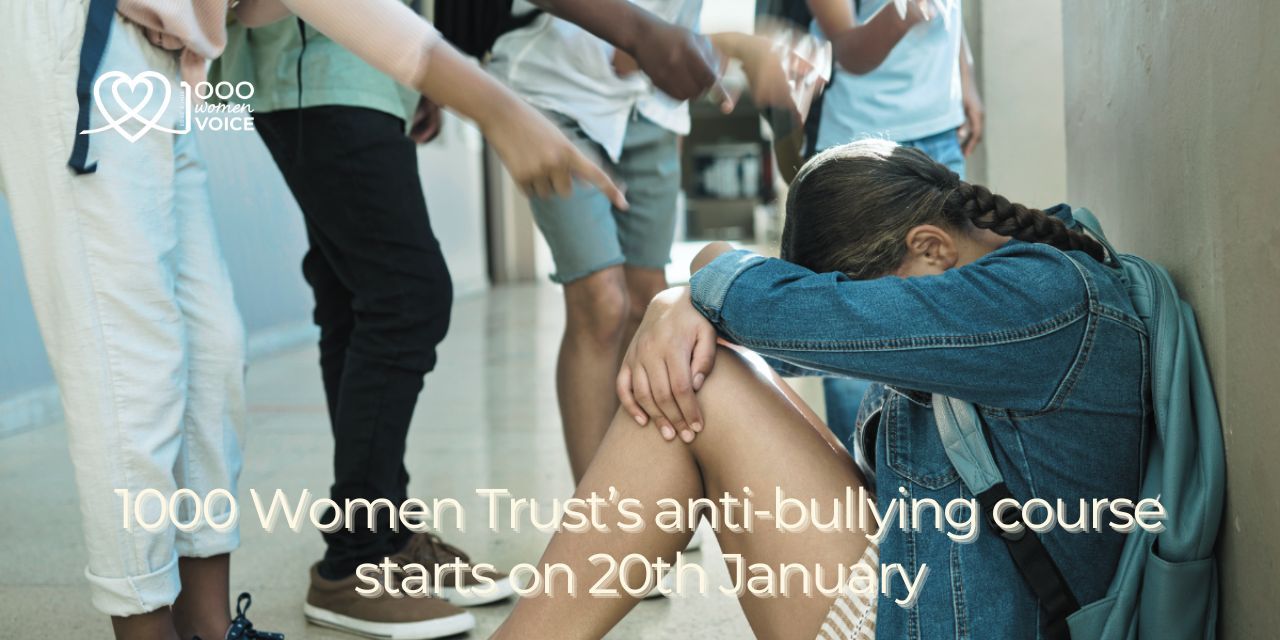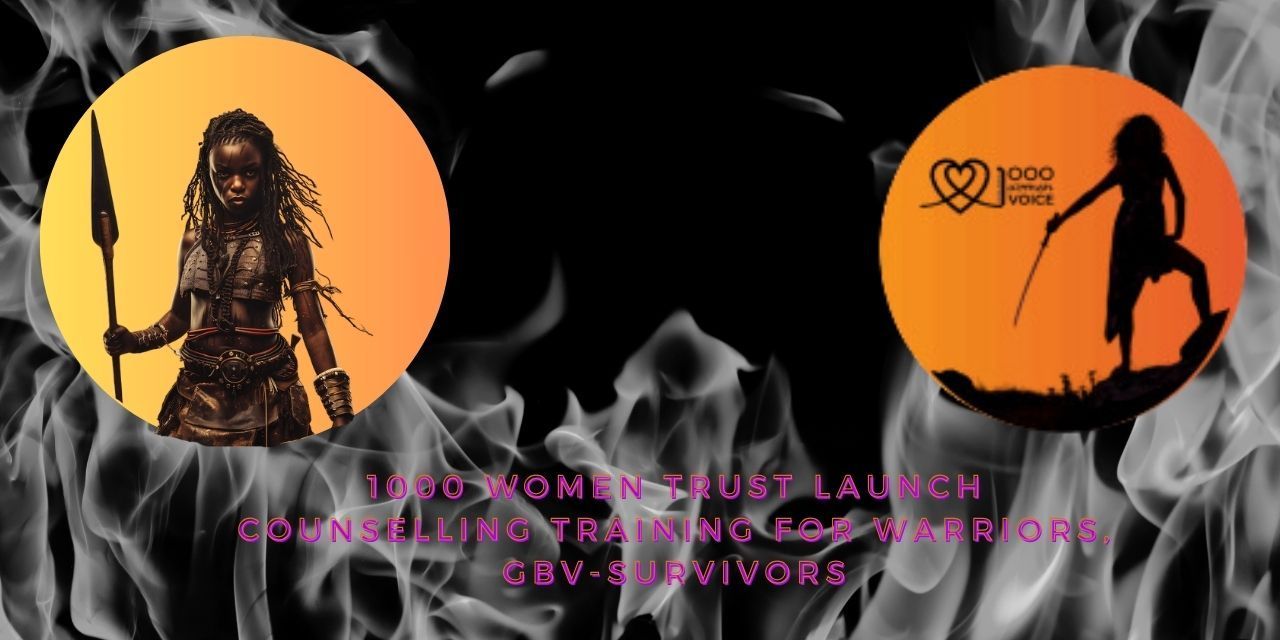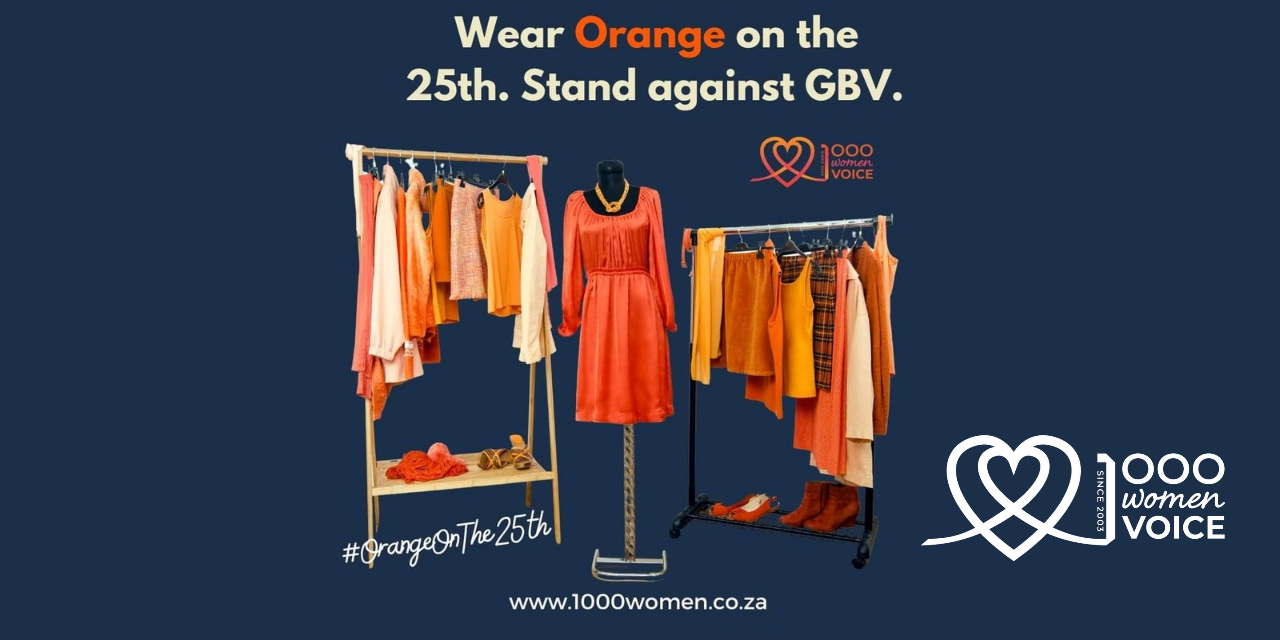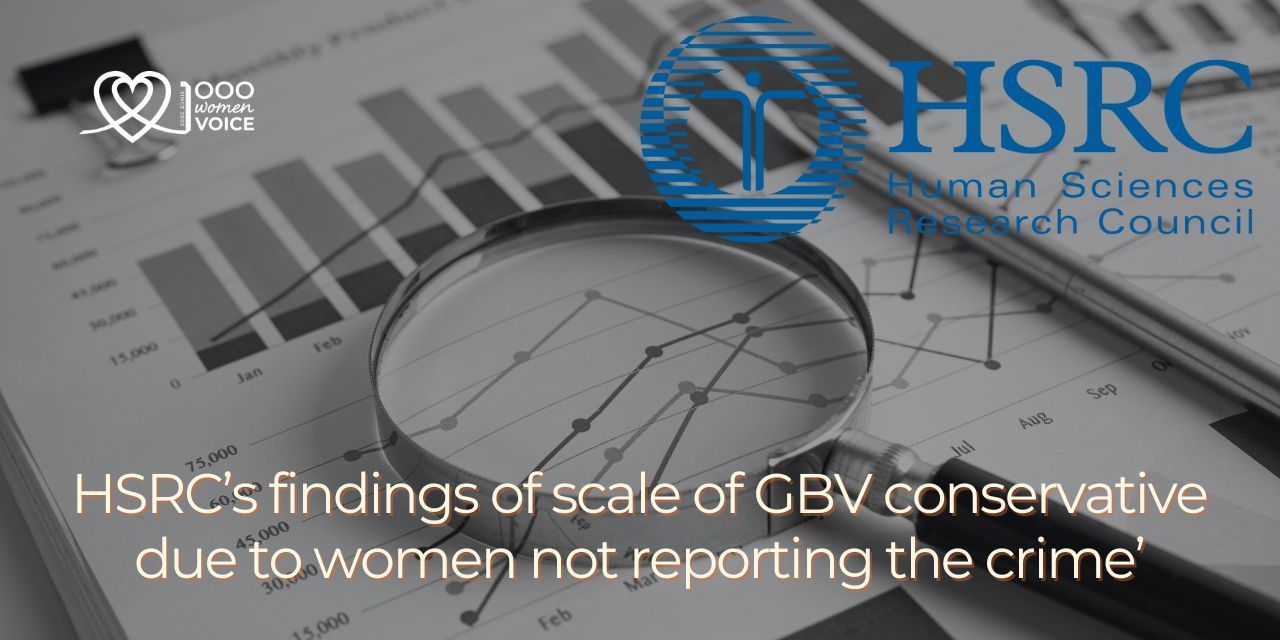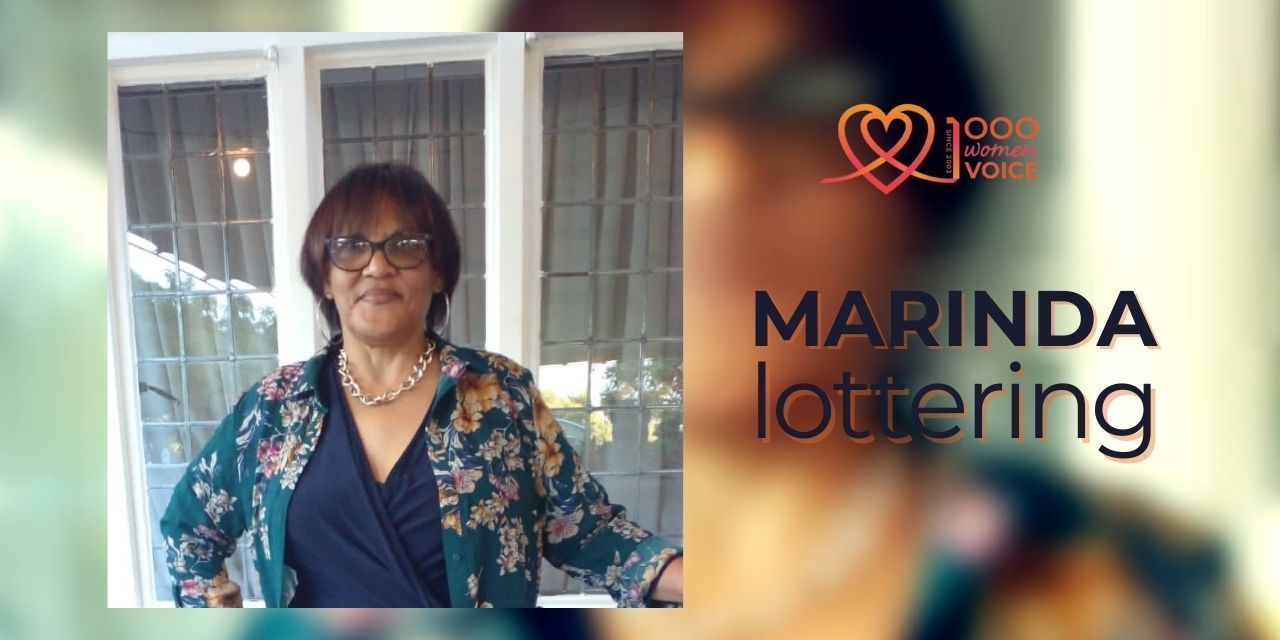WE DARE project as digital technology takes centre stage in combating GBV
1000 Women Trust joins WE DARE project as digital technology takes centre stage in combating GBV
Words: Fanie Heyns
CAPE TOWN. – 1000 Women Trust has joined a network of organisations, professionally led by the Nottingham School of Business , as they collectively embark on a campaign to explore digital technology and the role it might play to combat gender-based violence in South Africa.
The campaign or project is called WE DARE , acronym for Women’s Equality: Digital Access and the Right to Expression .
The WE DARE project is led by Professor Mollie Painter and the Nottingham Business School team. The other principle team members of Nottingham will be the project manager Anna Ozolina, Dr Mumin Abubakre, co-investigator, and Dr Elme Vivier, co-investigator.
1000 Women Trust is a network partner and will run community focus groups with women during the important first phase characterized by network building. We need to know what are the barriers for Women to use existing Technology and what support and Education must we provide to our Communities to ensure the uptake of Cellphone Application and how it could be used effectively to address GBV in our Communities.
The Trust will facilitate at least twenty focus group sessions during the 16 Days of Activism against violence against women and children, commencing on 25 th November 2020.
These focus groups will be held in conjunction with a series of Hear me Too sessions, which are support groups for GBV survivors to share their stories and experiences of GBV . These groups not only develop speaking out as a coping tool for the women who attend but break the silence and stigma around speaking out against gender-based violence.
They will be facilitated by GBV vent buddies , who have attended 1000Women’s online trauma training, and who will also be conducting the focus groups. Integrating speaking out against GBV with how technology can be used to report, find information of support and advice on procedures for reporting and how to stand up against it, is a critical part of building the capacity of ordinary women to utilise technology for their own safety, particularly during the holidays and pandemics.
“We do understand that women find it difficult to use technology because of tangible barriers to digital literacy and connectivity include poverty, no or unreliable electricity, expensive airtime and data, crumbling infrastructure and no smartphones. But women also face intangible barriers – social norms and gender stereotypes – that block their access to the tech world. And how does this impact the use of applications, it and the internet?” Thiart asked.
At the focus group-sessions, women will get together and share their experiences of gender-based violence and support each other. The group will focus on technology, on the barriers to technology and how can one facilitate initiatives to ensure one utilizes all existing Apps and other IT support so that women can prevent gender-based violence or how technology can be used as gender-based violence support in communities.
The main goal of the WE DARE project is to explore how access to digital platforms and innovation can protect and further basic women’s rights in Africa, focusing on addressing violence against women in the South African context.
Recent events related to violence against women in South Africa have increased the urgency to address this problem across societal institutions. Business schools have the capacity to leverage corporate connections and design cross-sectoral collaboration to allow for a comprehensive and interdisciplinary understanding of the problem, as well as the capacity building required to address it, said the Nottingham School of Business in a release.
The aim of WE DARE is to build research networks to understand and address the complex interplay of racial, gender and economic inequality, information poverty and the lack of access to digital means, said the Nottingham School of Business in a release.
The WE DARE projects will explore four dimensions. Firstly, it will be to grasp the role of digital innovation in maintaining or combating the roots of inequality and violence against women. It will also investigate women’s lack of access to digital technology.
It will explore ways in which to enable women’s participation as digital citizens. Lastly, it will explore the role of digital communication in creating a speak-out culture against violence and inequality, said the Nottingham School of Business.
“GBV is a South African pandemic, as between 25 and 40 % of South African women have experienced sexual and/or physical violence in their lifetime,” said Tina Thiart, a founder member of 1000 Women Trust.
The results of a 2-phase study conducted by 1000 Women Trust during the COVID-19 lockdown on whether individuals have experienced gender-based violence and whether they knew of safe spaces or a safe space to access help, or a hotline to assist them during their trauma, revealed an alarming trend which sends shockwaves through communities.
The study indicates that out of the total sample, a majority of individuals do not know of a safe space to go if they experience gender-based violence – 63 % -, and an even larger majority – 66 % – are not aware of the gender-based violence hotline.
As one saw these results coming in, one began asking if participants required counselling for GBV , to enable us to respond to them with GBV vent buddies if they did. The figure (do you need counselling) is for a sample of 544 participants, as this question was only introduced later in the study and 52 % responded that they indeed needed counselling.
“The twin scourge of gender-based violence and inequality are threatening the livelihoods of hundreds of thousands of women in vulnerable communities. In both the first quarter of 2019 and 2020, more than four in every ten young females (15-34) were not in employment, education or training, according to Stats SA. Over 8.5 million out of 20.4 million young people aged 15 to 34 were not in employment, education or training,” said Thiart.
“Nationally, 43% of children lived with mothers only, while one third (33,8%) lived with both parents.39,2% of female-headed households in SA do not have an employed household member,” Thiart added.
“Consequently, the WE DARE project will assist us in grasping the importance of digital innovation in combatting the roots of inequality and violence against women,” Thiart said.
The other partners of the WE DARE network apart from Nottingham School of Business is GIBS (Gordon Institute of Business Science), University of Cape Town; University of Stellenbosch Business School, Lagos Business School, Triple Black Agency, Sonke Gender Justice, Praekelt, Open Up, Affect Lab, Saya Setona, Wiconnect, Womaniko and Warif.
Prof Painter said: “Our investigations indicate the need to address gender-based violence across the various spheres of society: it is not a ‘private’ issue, it happens in homes, businesses and public spaces, and cuts across race and class. It is time that we all work together to rid society of this plague, which as President Cyril Ramaphosa so rightly pointed out, is as much a threat to us as the Coronavirus.”
Press release compiled by Fanie Heyns on behalf of 1000 Women Trust. For more information, contact Tina Thiart on 073-2079079.
